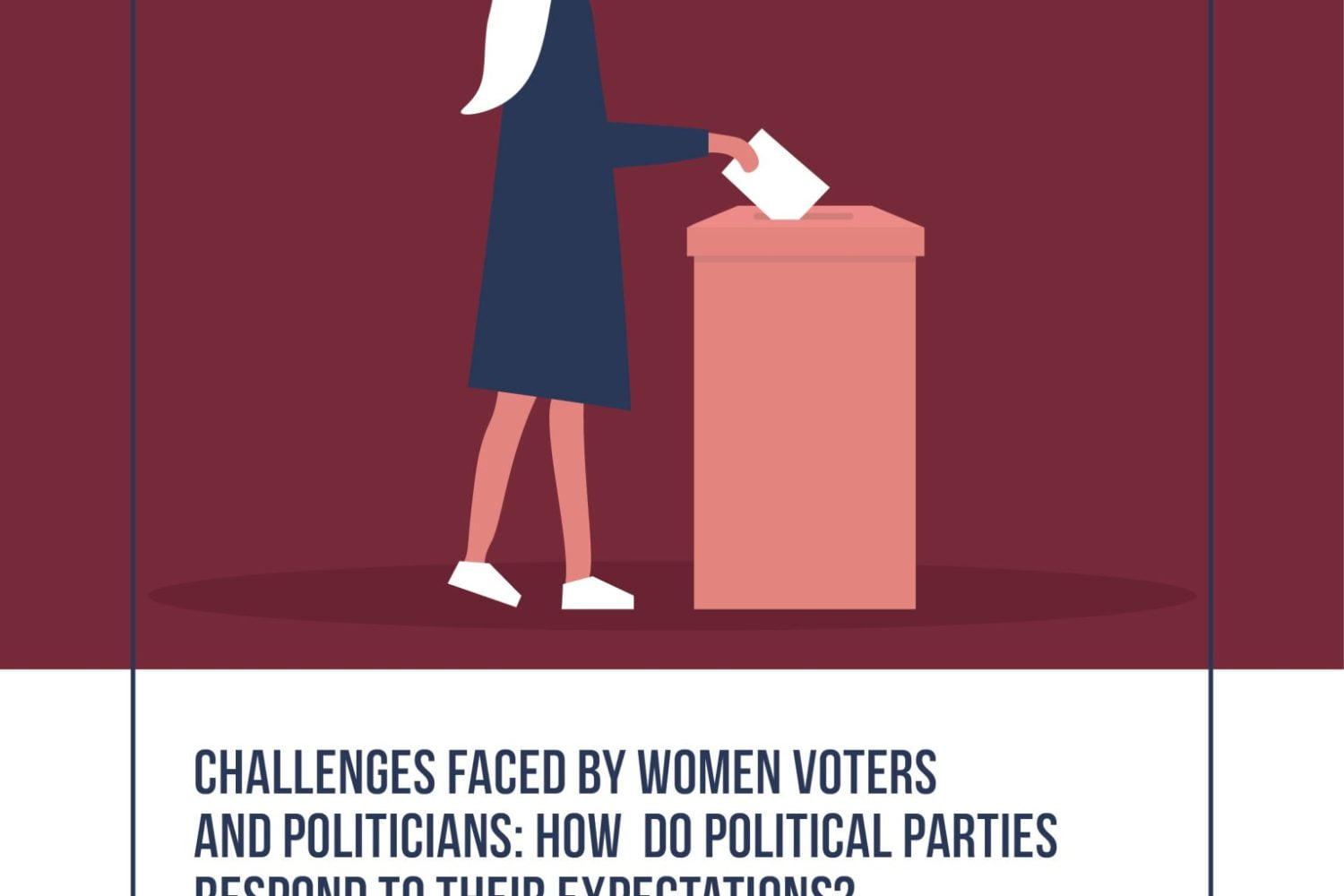2023-11-15 10:39:39
The interparty manifesto, “Bridging the Needs of Women Voters and Women Politicians,” was developed within the framework of the project “Strengthening Sustainable Political Culture Among Georgian Political Parties”. With the support of the Embassy of Switzerland in Georgia, the Georgian Institute of Politics (GIP) facilitated the joint work of seven political parties and representatives of Georgian civil society. The document was developed on the basis of the results of fieldwork conducted in Georgia’s regions by women politicians. Based on small group discussions among project participants and subsequent general discussions during a two-day working meeting, the present interparty manifesto was draffted. The document includes key findings by women politicians from different political parties and civil society representatives on what female voters’ expectations of political parties are, and what challenges and needs female politicians face in Georgia. For each finding, project participants developed possible response strategies for the political parties themselves.
We hope that the precedent of joint work on the inter-party manifesto, as well as meaningful cooperation between political parties, will contribute to the formation of a consensus-based political culture in Georgia, which is one of the main goals of this project. The goal of the document resulting from the project is to offer political parties a strategy of action that will help them properly plan their activities in the periods between elections, one which will better resonate with the interests and needs of Georgian voters. Important for achieving this end is that the fieldwork was conducted by women politicians from different parties in cooperation with civil society representatives, which makes the key findings and action plan formulated in the manifesto convincing for the political parties themselves. In addition, the manifesto reflects, without modification, the results of direct communications with voters and joint working group discussions/expectations, and mechanisms for responding to them.




